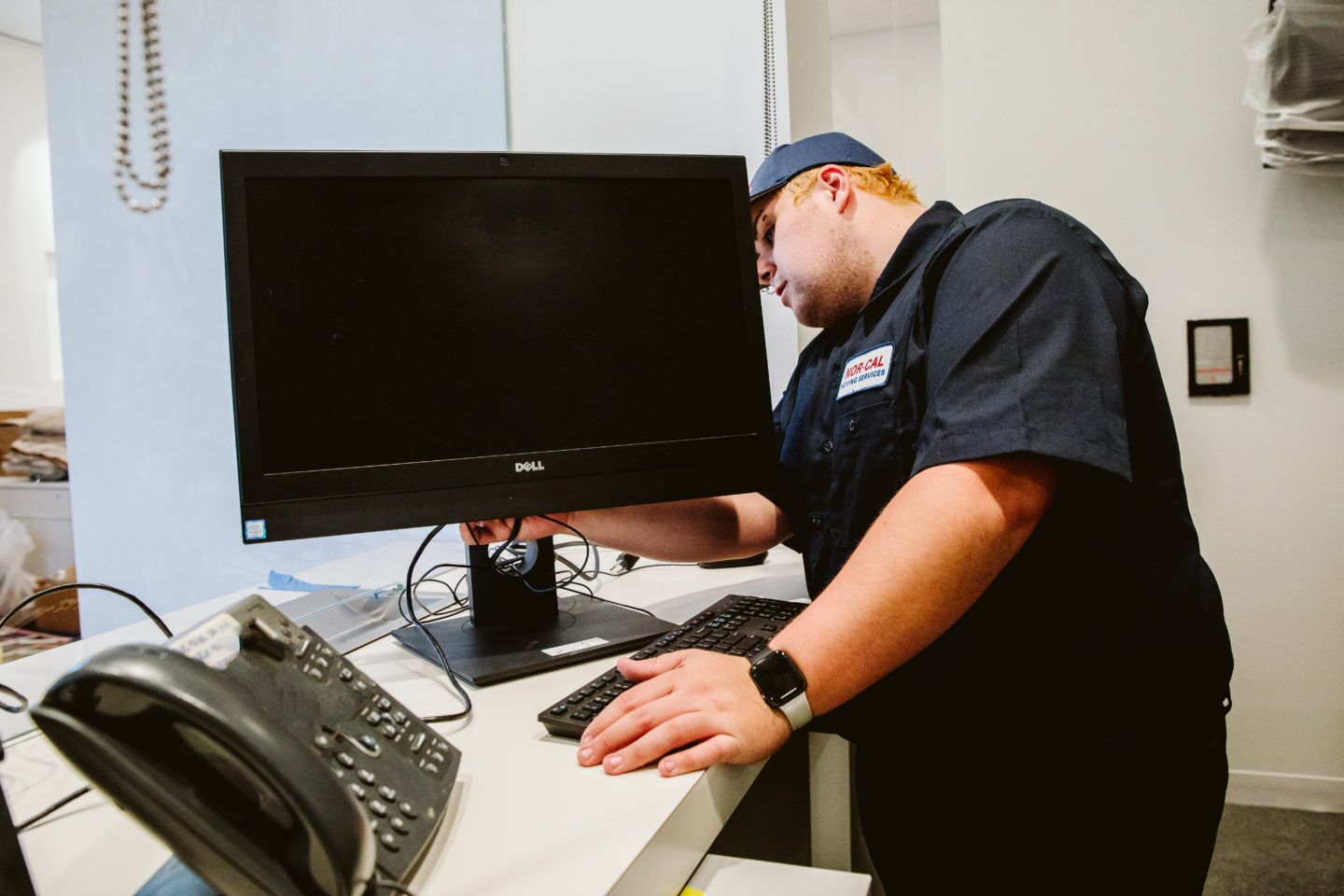Busting Myths About Hybrid Work
Posted on: Thursday, March 2nd, 2023
Facts and Myths About the New Work Style
The majority of workplaces are finally beginning to adapt to their “new normal” as we approach the three-year anniversary of COVID-19’s impact on the global community. In order to migrate back to the office, organizations have looked into various hybrid working models. However, this year, that transition might turn into a permanent solution, offering employers the visibility they’ve been lacking while also allowing the flexibility workers have grown to enjoy.
The hybrid working paradigm still feels more like a stopgap measure to many executives and HR departments than it does like a permanent fix. Here are some common myths surrounding hybrid work, and how employees really feel.
Myth 1: No One Wants to Work in the Office
This myth has some truth to it, but we still need to explore it further.
The majority of workers in positions where working from home is an option do not want to give up this freedom. But, that does not imply that they are against in-office time. In fact, 65% of workers prefer the balance of a hybrid working arrangement, according to a Gallup survey. Hence, a flexible hybrid schedule ought to offer the best of both worlds, even though bringing people back to the office full-time would cause some resignations.
Employees who are requested to return to the office want to comprehend and see the reasoning behind it, which is another crucial point to keep in mind. There will be resentment if employers insist on a return to the office where workers spend the entire day in their cubicles participating in virtual meetings. Office time should be flexible and with a purpose. According to a Microsoft study, 84% of workers would be encouraged to come back to work if they were assured of having more opportunities to interact with their coworkers. The notion that no one wants to return to the workplace is more of a fantasy when in-office time is designed for deliberate cooperation and social engagement.
Myth 2: Hybrid Work Makes Recruiting More Difficult
Although it remains to be seen, we predict “not really” for this myth.
Over the past three years, businesses’ recruiting areas have grown as a result of the shift to remote employment. Recruiters can continue to use this new, extended network of prospects and provide relocation perks for new hires in distant states if firms want to need in-office time. There are some people that are either open to or even prefer a hybrid work arrangement, but they won’t all necessarily reside nearby your workplace. You do not have to confine your recruiting efforts to a 50-mile radius if you offer a relocation bonus that takes care of the price and hassles of moving.
Myth 3: Remote Work Lowers Productivity
This notion has undoubtedly been disproved over the previous three years.
Working remotely throughout the pandemic, according to employees, actually increased their productivity. According to research by Ergotron, a company that creates ergonomic office equipment, 40% of employees work longer hours from home (mainly because they don’t have to worry about a commute anymore), and 56% report improved mental health, both of which lead to more productive workdays.
Productivity can only increase when remote work freedom is combined with deliberate in-person cooperation.
Adapt to the Hybrid Work Model with NOR-CAL Moving Services
NOR-CAL will work with you to manage the transition whether your company is considering a hybrid model for the first time or evaluating how in-office expectations affect recruiting. This can entail utilizing our talent mobility services as a recruiting strategy for candidates who want to work in an office setting but are worried about the expense and difficulty of transferring. To make the travel less of a hindrance, your company can also think about transferring your office location away from the city and closer to where the employees live.
NOR-CAL has experience helping organizations plan all kinds of transitions. We have the knowledge, the skills, and the broad national network to guide your company through the transition to a hybrid working style, whether it involves shifting a single employee or an entire headquarters. Contact us today to see how we can help.